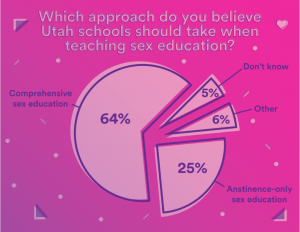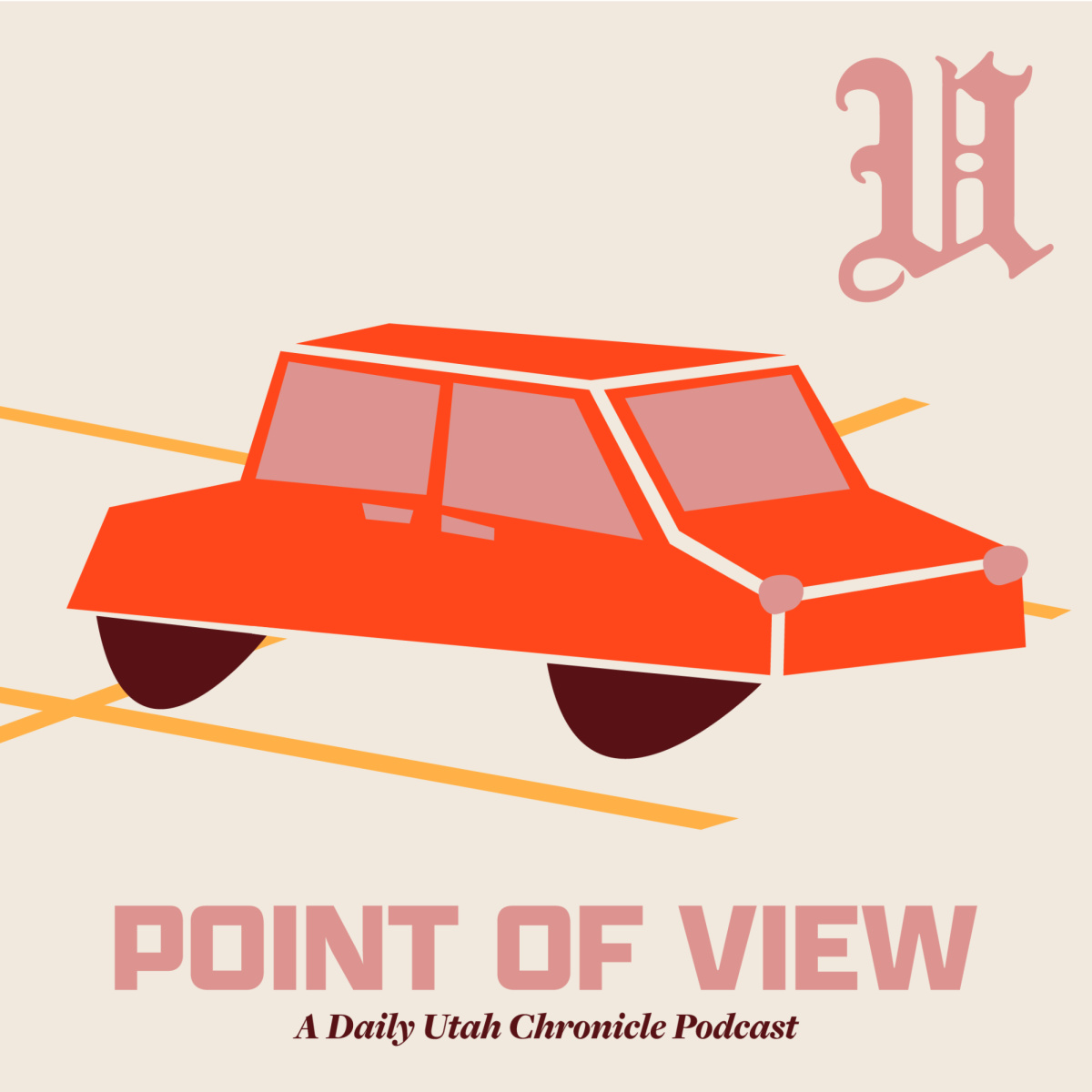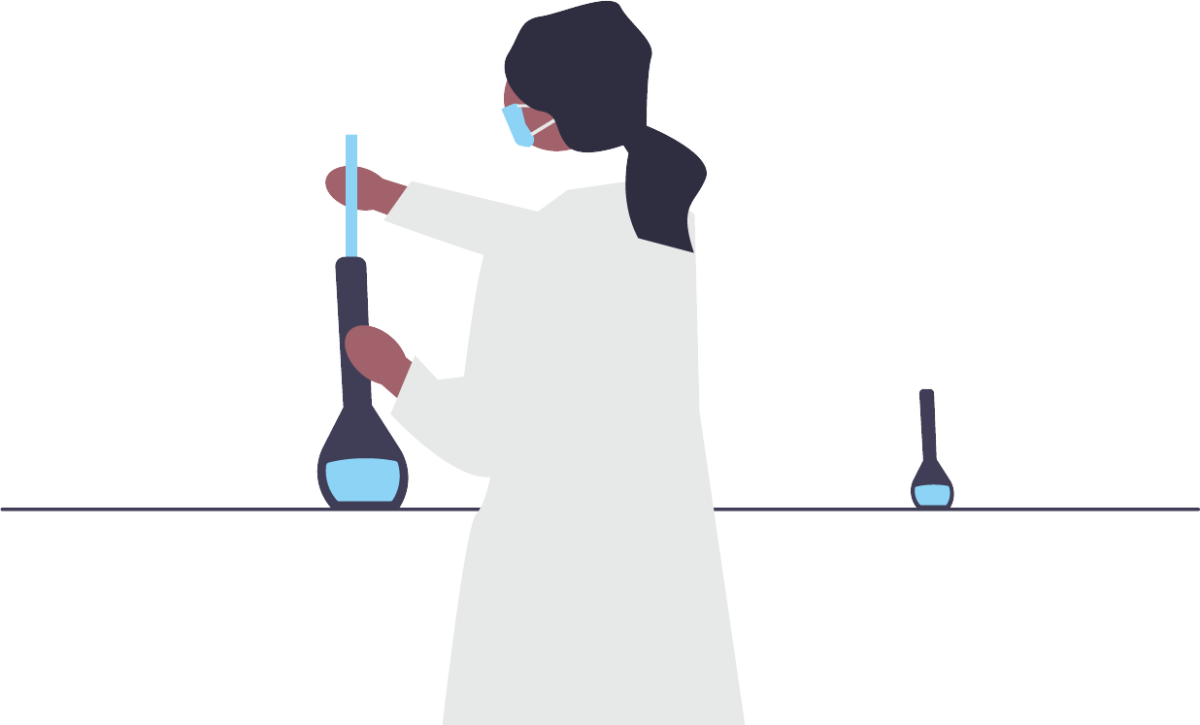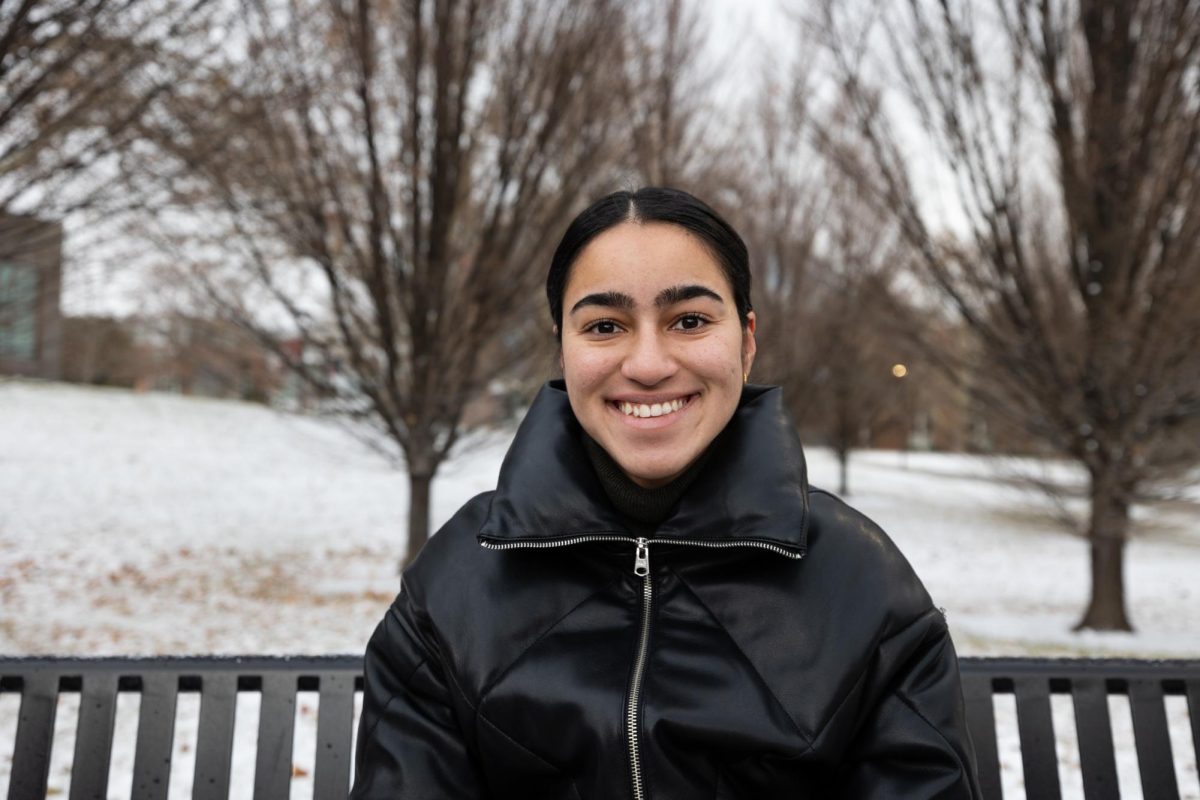
Politics is a contact sport, and you can criticize anyone who voluntarily enters the arena. But when it comes to sex education, it’s time for Utahns to call a timeout, and reevaluate the game plan.
The state has historically been divided over many issues — the Holy War, green Jell-O, free market capitalism — but a new UtahPolicy poll that states “nearly two-thirds of Utahns want the option of comprehensive sex education for children in public schools,” reveals that sex education may not be as divisive as it seems.
Comprehensive sex ed may seem scary at first, and graphic in nature, but for a health educator at the Center for Student Wellness, Jenna Templeton, the only true risk associated with teaching it may be “a bit of discomfort.” Templeton believes that students should feel comfortable asking questions.
The Center for Student Wellness and the Student Health Center welcome these kinds of questions, and more. “Understanding our bodies and how they work is a human right,” Templeton said. “It’s also necessary to ensure we understand how to take care of ourselves and treat our own and others’ bodies with respect.”
Whether physical, emotional or economical, being sexually active is accompanied by real risks. In the state, (as well as on a national level) teen pregnancy is on the decline, but there is not yet enough data to support whether or not it will be a long-term trend. In Utah, reported cases of sexually transmitted diseases and sexual violence are on the rise. Teaching comprehensive sex education could help combat all three of these issues.
Regardless of political party affiliation, Utahns should be dedicated to education. “My hope is that caregivers want their students to be armed with accurate knowledge about sexual health,” Templeton said. “Health education encompasses that prevention mentality by promoting an understanding of what impacts our health and how, and then making informed decisions based on that information.”
People who were never taught medically accurate information may not know how many different methods of disease prevention and birth control are out there. The Center for Disease Control (CDC) states that in the United States, teen pregnancy rates are at a record low.  In 2015, the national rate of teen (15-19 year olds) pregnancy was 22.3 per 1,000 women — which is an 8 percent drop from the previous year. The Utah Department of Health has numbers consistent with a decline in rates that are just shy of the national average, 17.6 per 1,000 women in the same age range. There is no single reason for the historic low in teen pregnancy, but the CDC attributes the decline (in part) to more teens abstaining from sexual activity, and to those who are sexually active practicing safer sex. Still, it is worth noting that while teen pregnancy is not on the rise in the U.S., it consistently remains higher than other developed western nations, as do rates of sexually transmitted diseases.
In 2015, the national rate of teen (15-19 year olds) pregnancy was 22.3 per 1,000 women — which is an 8 percent drop from the previous year. The Utah Department of Health has numbers consistent with a decline in rates that are just shy of the national average, 17.6 per 1,000 women in the same age range. There is no single reason for the historic low in teen pregnancy, but the CDC attributes the decline (in part) to more teens abstaining from sexual activity, and to those who are sexually active practicing safer sex. Still, it is worth noting that while teen pregnancy is not on the rise in the U.S., it consistently remains higher than other developed western nations, as do rates of sexually transmitted diseases.
According to the Utah Department of Health, from the lowest reported rate of 9.8 in 2011, Utah’s gonorrhea rate dramatically increased — 432 percent — to 52.1 cases per 100,000 population in 2015. The period of communicability for gonorrhea currently remains unknown, but what is known is that medical attention and effective treatment can end communicability within hours. The best tool for people who are sexually active is the knowledge of how to keep themselves and others safe and healthy.
Information from the Utah Sexual Violence Primary Prevention Plan (from the Utah Department of Health Violence and Injury Prevention Program and the Utah Sexual Violence Council) indicates that nearly 12 percent of students in the 9th through 12th grades reported that they were forced to have sexual intercourse against their will. One in three Utah women will experience some form of sexual violence. One in eight women and one in 50 men will experience rape. Investing in comprehensive sex education which teaches and encourages healthy relationships can help work to prevent sexual violence.
The effects of sexual assault can be long-term and difficult to cope with — many victims experience depression, anxiety, and chronic stress according to The Rape, Abuse & Incest National Network (RAINN). Early pregnancies may even end the parent’s educational career. Untreated gonorrhea can lead to pelvic inflammatory disease (PID) and infertility. Unsafe sexual activity can cost the state, and it can cost people their quality of life. The positive impact of publicly funded contraceptive services is unmistakable. Information provided by the Guttmacher Institute states that in 2014 states, “publicly funded family planning centers in Utah helped avert 10,900 unintended pregnancies … which would have resulted in 5,300 unplanned births and 3,900 abortions.” People who experience birth at a younger age can have their financial plans derailed and their emotional stability compromised.
The concept of personal accountability is not beyond teenagers in the U.S. It’s taught all the time in drivers education, which consists of more than a “don’t drive if you never want to crash” attitude. Students are taught “best practice,” what to do and what not to do. This is done in order to protect them and those around them. Comprehensive sex education should be similarly taught; addressing not only the physiological components, but also how to communicate honestly and openly with partners about sex, the concept of consent, and relationship dynamics.
The left and right of the political spectrum can both at least agree on a desire for fewer unwanted pregnancies, and lower rates of disease and sexual violence. During Utah’s last legislative session, House Minority Leader Brian King sponsored HB215, which would have provided for both abstinence-based and comprehensive sex education programs in the state. However, in spite of weak points in Utah’s current sex education curriculum (and shaky support from a few Republicans), the House Education Committee voted 12-2 along party lines to reject the bill.
Rep. King’s bill is just a start; Utah needs to do better. Finding common ground is underrated, and yet it’s the single most effective way to move forward. Approaching this issue with a bipartisan perspective helps to avoid imbalances. It encourages compromise and, most of all, progress. Even The Students for Life Right to Life group at the U recognize the need for sexual education, an opinion not commonly held by similar pro-life organizations. In 2015, U chapter leaders Lauren Keeling and Sullivan Hughes co-authored a letter to the Center for Student Wellness demanding that Sex Week be defunded, stating that “Although Right to Life encourages education about sexual intercourse, including the issues of sexually transmitted diseases and unplanned pregnancy,” they felt the educational elements were being overshadowed by the “immature nature” of Sex Week.
Pitting people who are pro-life against those who are pro-choice is the kind of extreme rhetoric that exacerbates problems facing the state. These problems can be solved over time through comprehensive sex education, which should become as common a component of health class as nutrition, exercise, and hygiene. Teaching medically accurate, evidence-based, and developmentally appropriate sexual health information to Utah students is a win-win.




















